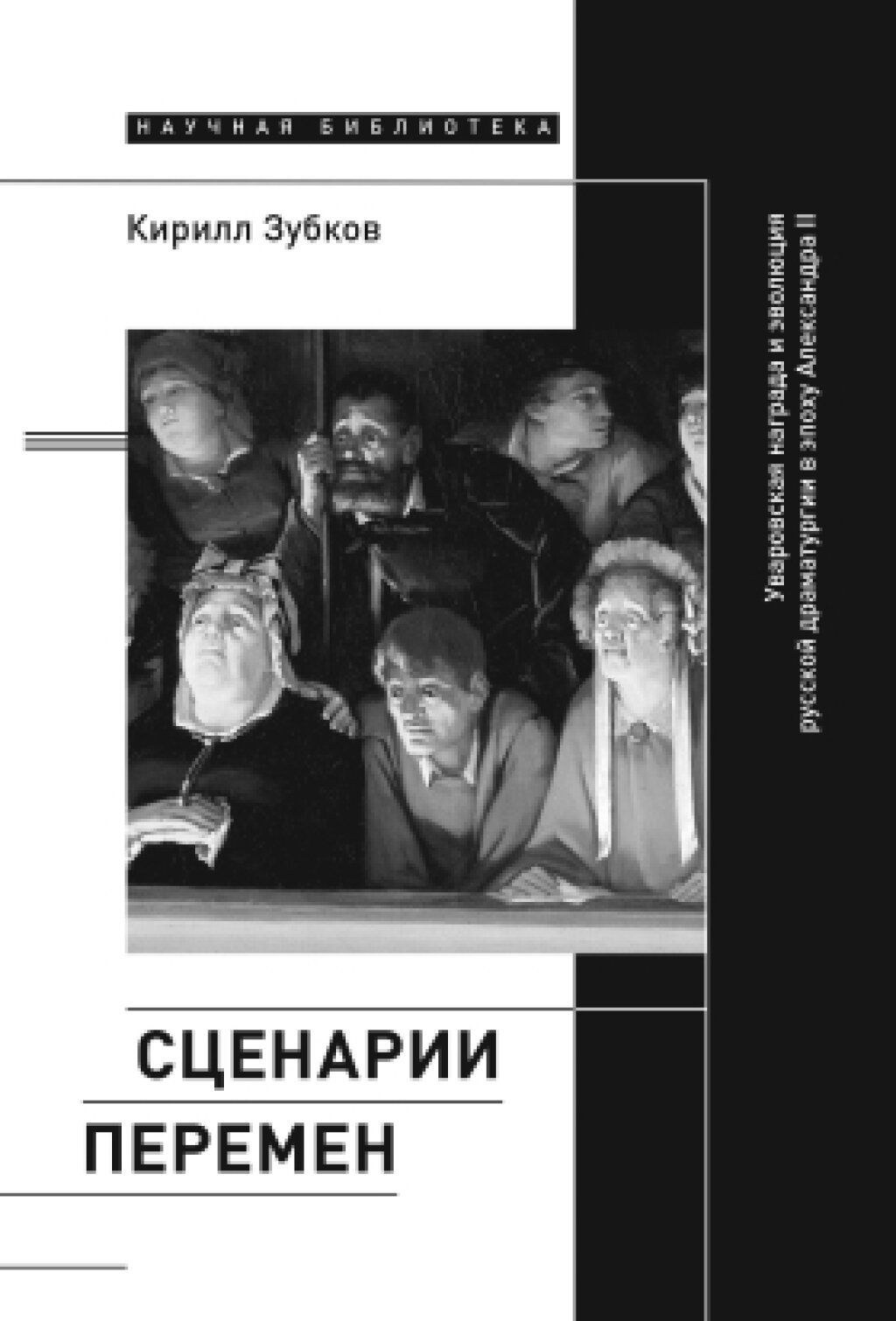Join us for another 19v seminar! This lecture will be in Russian.
"Использование прошлого и литературные скандалы: Научное знание и историческая драматургия в Российской империи"
В середине 1860-х гг. случилось несколько событий, которые, на первый взгляд, никак не связаны друг с другом: сотрудники нескольких университетов в печати обрушились с сокрушительной критикой на Академию наук, академик Никитенко разочаровался в способностях своих коллег оценить литературное произведение, известный писатель А. К. Толстой написал трагедию «Смерть Иоанна Грозного», но не получил за нее литературной премии, на которую претендовал, а его коллега Островский, тоже писавший исторические пьесы, постепенно перестал быть любимцем литературной критики. Казалось бы, прямой связи между этими происшествиями нет и быть не может. В действительности, однако, их объединяют сложные трансформации, которые претерпевало историческое сознание в Российской империи эпохи реформ. Эти трансформации во многом определили и изменение статуса отдельных организаций и социальных институтов, таких как Академия наук, университеты, русская литература и критика. При анализе этих институтов складывается концептуальная рамка, сквозь которую можно увидеть, каким образом они развивались, каково было их место в эволюции государства и публичной сферы в Российской империи и какие социальные и политические функции они выполняли. При таком подходе история литературы и история научного знания рассматриваются не как изолированные сферы, а как две стороны одного и того же процесса.
Uses of the Past and Literary Scandals: Scholarly Knowledge and Historical Drama in the Russian Empire
In the mid-1860s there were several events that, at first glance, had nothing to do with one another: members of several universities sharply criticized the Academy of Sciences in the press; аcademician Nikitenko was disappointed in the ability of his colleagues to adequately evaluate a literary work; the well-known writer A. K. Tolstoy wrote a tragedy entitled “The Death of Ivan the Terrible”, but did not receive the literary prize he’d hoped for; and his colleague Ostrovsky, who also wrote historical drama, gradually ceased to be the darling of literary critics. It would seem that no direct connection exists between these events and yet, they are in fact united by the complex transformations that were undergone by historical consciousness in the Era of Reforms. These same transformations effected changes to the status of certain organizations and social institutions, including the Academy of Sciences and universities, as well as Russian literature and criticism. The conceptual framework that emerges from this analysis of these institutions allows us to better understand their development, their place in the evolution of the Russian imperial state and public sphere, and the social and political functions that they fulfill. The history of literature and the history of scholarly knowledge are approached not as isolated spheres, but as two sides of the same process.
Watch the event recording on YouTube here.

